Financial Times today reports that Norway is open to the UK joining the European Economic Area, its prime minister has said, signalling a thawing in Oslo’s attitude to Britain taking the “Norway option” where it would be outside the EU but inside the single market.
Erna Solberg told the Financial Times in an interview that the Nordic country was prepared to see the UK join the EEA conceding the option was “on the shelf” and readily available to London.
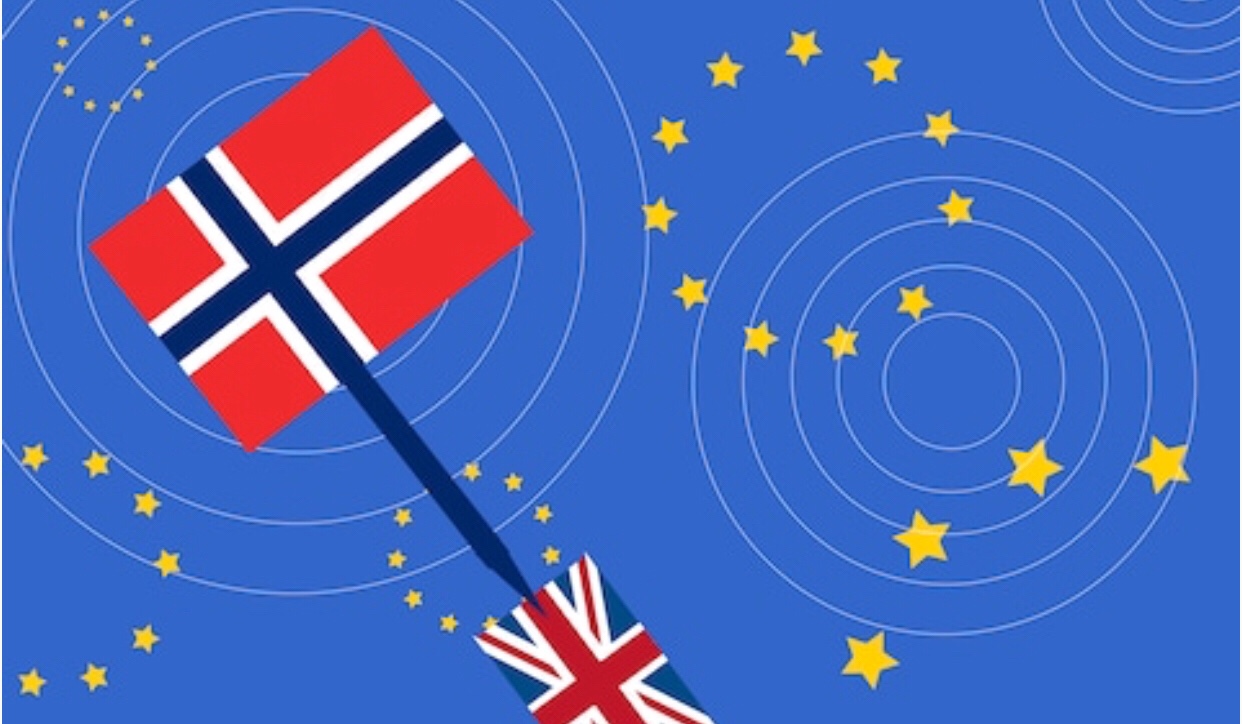
“I think we will cope very well if the Brits come in. It will give bargaining power on our side too. And it would ease Norway’s access to the UK,” she added. The UK is Norway’s biggest trading partner thanks to gas sales to Britain.
Senior Norwegian diplomats and business people have repeatedly warned that UK membership of the EEA would distort the small group — which includes Iceland and Liechtenstein — away from Norway’s priorities of protecting its agriculture and fishing.
“We would go from being a big fish in a small pond to a small fish in still a pretty small pond,” said the chairman of one large company close to the Norwegian government.
The so-called Norwegian model is playing an increasingly significant role in Britain’s Brexit debate. The House of Lords voted last week in favour of British membership of the EEA after Brexit, although Theresa May’s government opposes such an outcome and the House of Commons is likely to overturn the vote.
Mrs May’s Brexit cabinet committee will meet on Tuesday as it continues to wrangle over customs options — including the prime minister’s preferred “customs partnership” — with Mrs May keen to finalise an agreed position before next month’s EU summit.
Ms Solberg and other Norwegian politicians have previously warned that it would be difficult for London to join the EEA as it involves both agreeing to free movement of people and nearly all rules from Brussels as well as continuing to pay into the EU budget.
One of the main reasons Mrs May opposes continued single market membership is because long-term free movement of EU nationals is seen as politically unacceptable.
“You have to accept a couple of things that were difficult in the discussion before Brexit,” Ms Solberg said, adding there would be “costs and benefits” to UK membership of the EEA.
She acknowledged what some have termed the EEA’s “political deficit”, in which members have to accept rules decided in Brussels.
Oslo in principle has a veto over EU laws but has never used it due to the fear of how Brussels might respond. It agreed to adopt controversial plans for energy union several weeks ago despite widespread public opposition and concern over the impact on electricity prices.
The EU as a whole accounts for almost three-quarters of trade with Oslo.
Ms Solberg pointed to rules that she said Norway was forced to adopt despite being unsuited to them. They included regulations for slides in kindergartens, which Ms Solberg said were more appropriate to protect children from burns in relatively hot countries such as Spain, and several rules on how livestock are kept.
“Of course there are limits [to being in the EEA]. It shows that small countries like Norway are dependent on stable rules. But I won’t speak it up as a big problem,” the prime minister said.
Ms Solberg also warned that Norway was increasingly worried about being caught in the crossfire of a US-European trade war. EEA membership puts it inside the single market but outside the EU’s customs union, leaving it potentially exposed in trade battles between Washington, Brussels and elsewhere.
Norway has not received the temporary exemption from US tariffs on steel and aluminium that the EU has, and policymakers in Oslo said they were even more worried about counter-measures from the EU.
“What we are most afraid of is the secondary effects, how it increases the tension on trade, how it introduces new types of tariff barriers,” Ms Solberg said.
Ine Marie Soreide, Norway’s foreign minister, said in a separate interview that the US tariffs “undermine the whole rules-based trading system.”
But she noted that Oslo had still more at stake should the EU increase trade barriers in response to the US move: “Our main concern is that most of our exports go to the EU …We are an EEA member: we should be exempt from any tariffs and safeguards that the EU might have.”
Source/Article: Finanacial Times
New economic data puts the California economy at $2.747 trillion – bigger than most nations. The ranking puts in fifth in the world, just ahead of the United Kingdom, which is on $2.625 trillion.
The difference is striking given California’s population of 40 million to the UK’s 66 million. California’s economy is so large, and has grown so quickly, that it is now the fifth-biggest in the world all by itself, according to US government data.

Figures released on Friday by the US Department of Commerce put California’s effective GDP from 2017 at around $2.747 trillion. It said the state’s economy grew by 3.4% in the past year.
That growth puts it ahead of the United Kingdom, which has a GDP of $2.625 trillion, according to IMF.
Here is how the 15 largest world economies look if you also include US states (in bold) as separate entities:
1. United States $19.391 trillion 2. China $12.015 trillion 3. Japan $4.872 trillion 4. Germany $3.685 trillion 5. California $2.747 trillion 6. United Kingdom $2.625 trillion 7. India $2.611 trillion 8. France $2.584 trillion 9. Brazil $2.055 trillion 10. Italy $1.938 trillion 11. Texas $1.696 trillion 12. Canada $1.652 trillion 13. New York $1.547 trillion 14. South Korea $1.538 trillion 15. Russia $1.527 trillion
According to AP, the California’s boom has been especially pronounced because of its thriving tech, entertainment and agricultural industries.

The difference is even more stark in light of the respective economies’ populations: Britain has around 66 million inhabitants, compared to California’s 40 million.
The United Kingdom has experinced sluggish growth in the past year and many consider its future economic prospects in peril because of its impending exit from the European Union, characterised by fraught negotiations.
It also highlighted currency fluctuations which helped increase the US dollar figure for California’s economy at the expense of Britain’s.
Virgin’s Richard Branson and Dubai port operator team up on ultra-fast transporter.
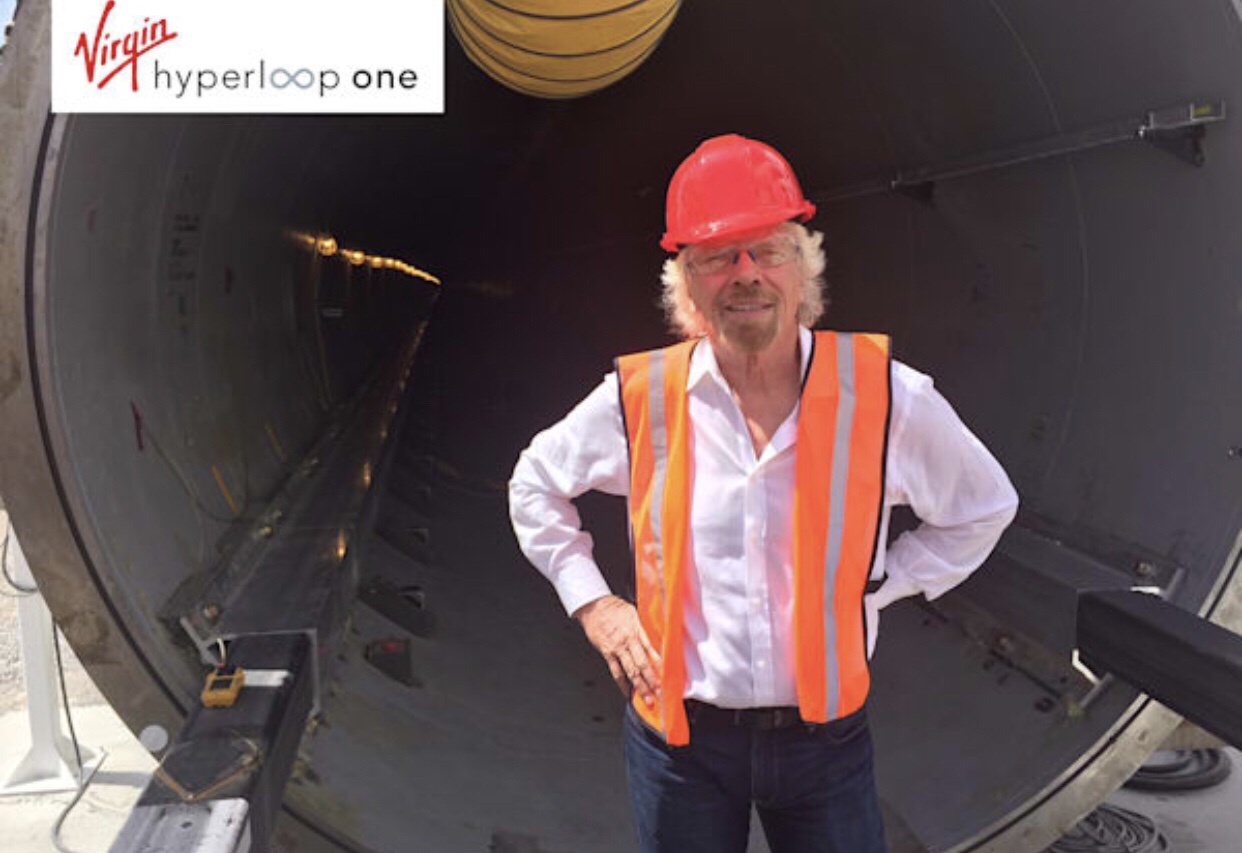
DP World and Virgin Hyperloop One are collaborating to launch ultra-fast hyperloop for cargo. DP World Cargospeed is designed to deliver goods at speeds of up to 620 miles per hour and link to existing roads, rail and air infrastructure.
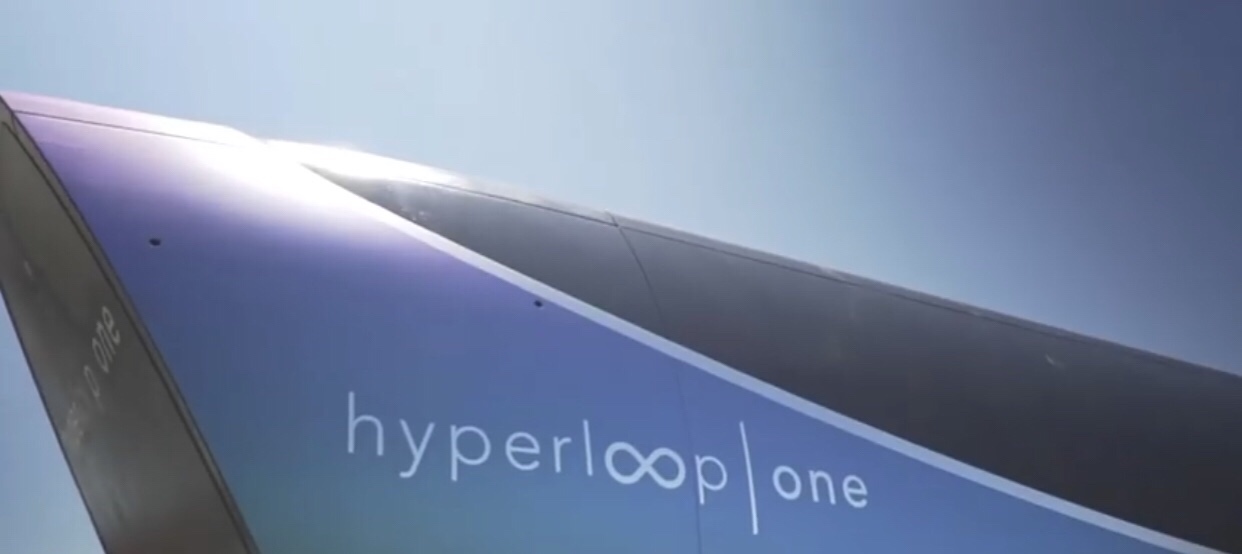
Hyperloop is a super-fast ground transport method first envisioned by Tesla founder Elon Musk, which promises to be faster than air travel but also cheaper.
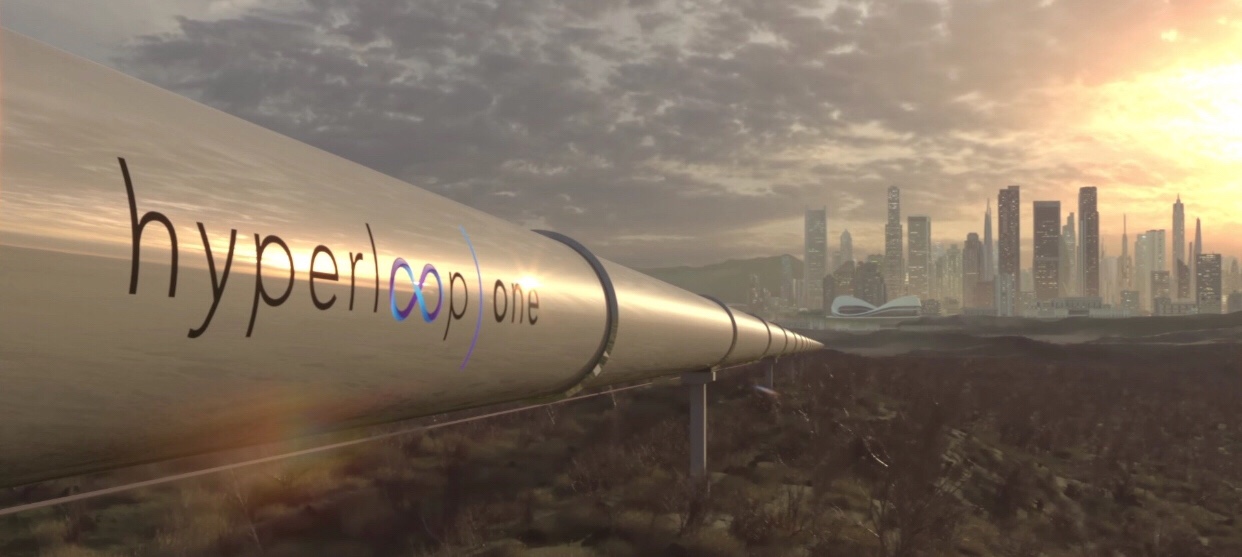
DP World and Virgin Hyperloop One are collaborating to launch ultra-fast hyperloop for cargo.
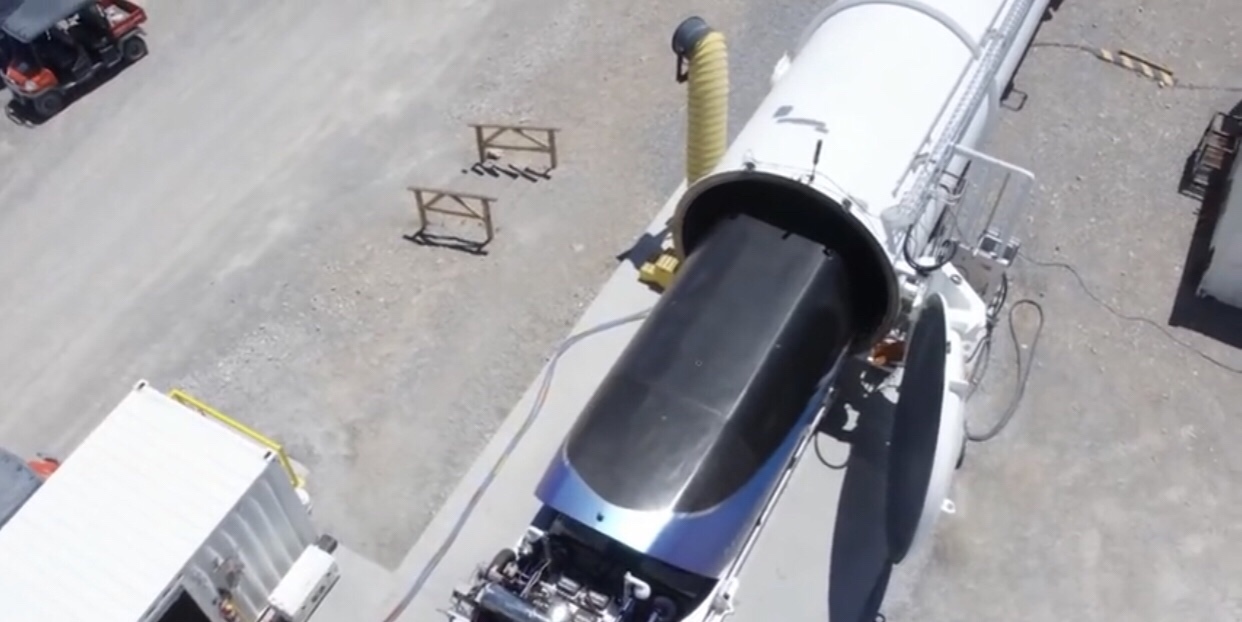
DP World Cargospeed is designed to deliver goods at speeds of up to 620 miles per hour and link to existing roads, rail and air infrastructure. Hyperloop is a super-fast ground transport method first envisioned by Tesla founder Elon Musk, which promises to be faster than air travel but also cheaper.






You must be logged in to post a comment.